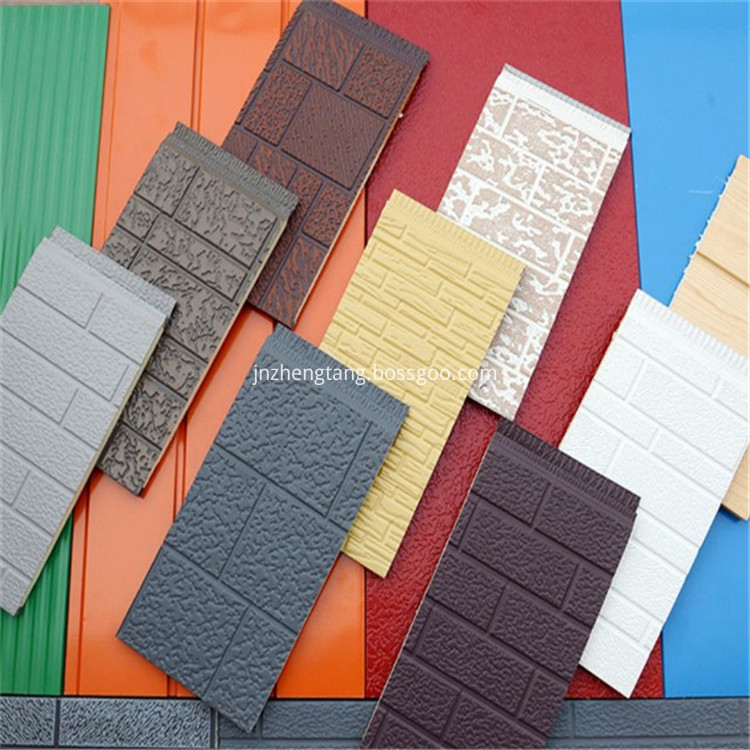According to foreign media, researchers at the University of Maryland and the U.S. Army Research Laboratory have for the first time developed lithium-ion batteries that use water-salt solutions as electrolytes and that use voltages up to 4.0 volts for laptops and other home appliances. Commercial non-aqueous lithium batteries present fire and explosion risks. Their research was published in the American "Joule" magazine published on September 6.
According to the British Physical Science News website on September 6, Xu Kang, an electrochemical and material science expert at the US Army Research Institute, one of the authors of the research paper, said: “In the past, if you wanted high energy, you would choose non-water. Lithium batteries, but need to compromise on security. If you pay more attention to safety, you must accept low-energy, water-based batteries such as nickel-metal hydride batteries. Now, we have demonstrated that we can achieve high energy and high safety at the same time."
The study was based on a study published in the 2015 edition of the US Science Weekly. That study developed a similar 3.0 volt water-electrolyte battery, but failed to achieve higher voltage due to the so-called "negative electrode challenge." Negative electrode challenge means that a battery made of graphite or metallic lithium will be decomposed by the water electrolyte. In order to solve this problem and realize a voltage jump from 3 volts to 4 volts, Yang Chongyin, the first author of the research paper and an assistant researcher at the University of Maryland, designed a gel polymer electrolyte coating that can be coated on graphite or lithium cathodes. .
This waterproof coating prevents water molecules from getting close to the electrode surface and can decompose and form a stable interface on first charge. This thin layer of decomposer separates the solid positive electrode from the liquid electrolyte. With this interface, the battery can use the ideal cathode material, while also increasing energy density and cycle capacity.
One of the study's authors, Wang Chunsheng, professor of chemistry and biomolecule engineering at the James Clarke School of Engineering at the University of Maryland, said: "The key innovation here is to create a suitable gel that can prevent water from contacting the anode."
The new gel-coated battery improves safety compared to standard non-aqueous lithium batteries and increases energy density compared to other aqueous lithium batteries. The uniqueness of this battery is that even if the interface layer is damaged (for example, the outer layer of the battery is damaged), it reacts very slowly with the lithium or lithiated graphite anode, which can prevent the metal from directly contacting the electrolyte and causing fire or explosion. .
PU Sandwich panels are prefabricated products designed to use as building envelops in industrial and office buildings, clean and cold rooms and also private houses (renovation and new). Their characteristics permit to have products with high quality and high flexibility regarding design. PU sandwich panel do have a high energy efficiency and sustainability.

Pu Sandwich Panels,Embossed Metal Sandwich Panels,Metal Carved Panels,16Mm Pu Sandwich Panels
Jinan Zhengtang Insulation Decoration Material Co.Ltd , https://www.ztwallsiding.com
![<?echo $_SERVER['SERVER_NAME'];?>](/template/twentyseventeen/skin/images/header.jpg)